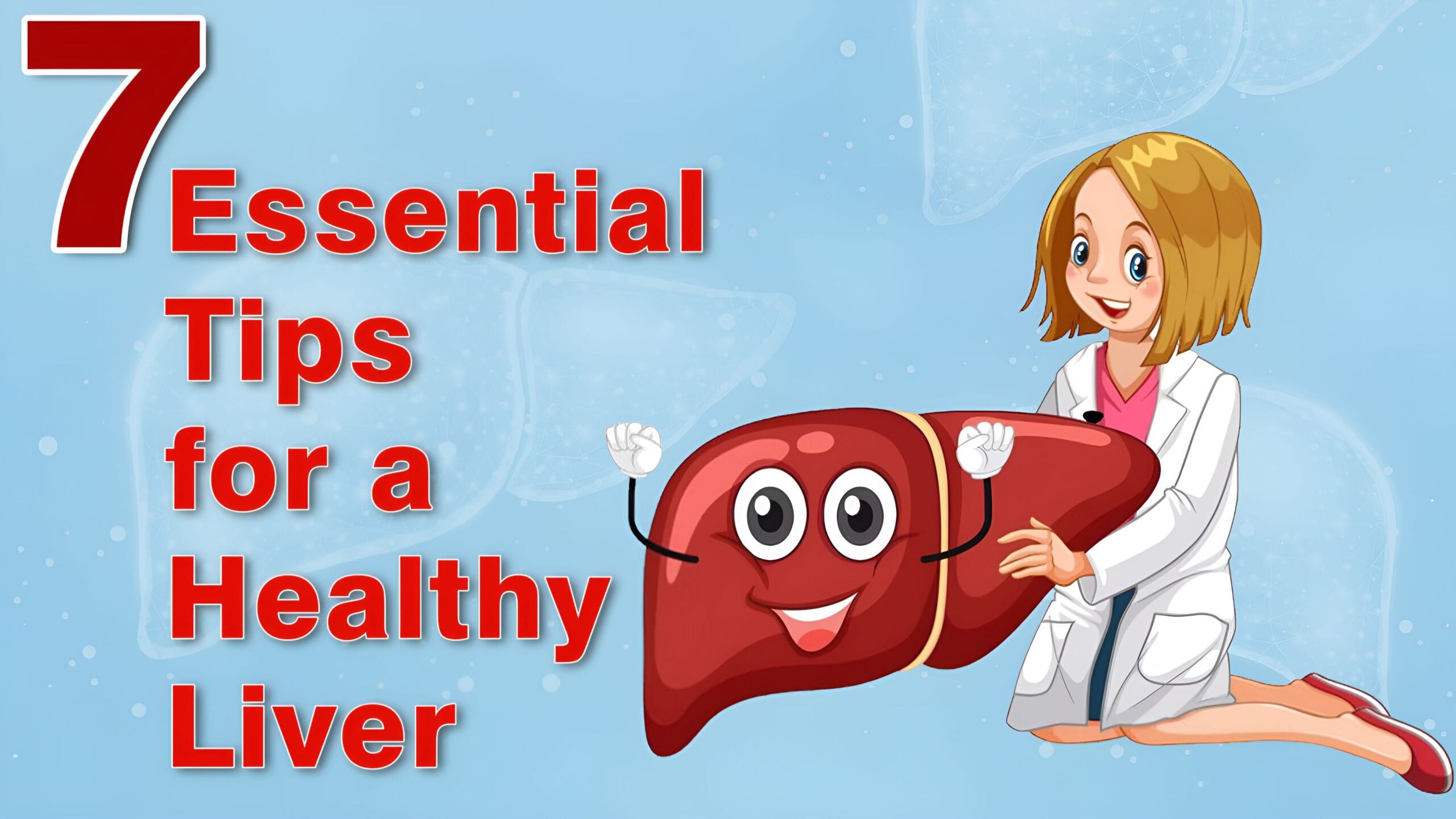Your liver works behind the scenes, keeping your body clean and balanced. It detoxifies dangerous substances, helps digest food, and turns nutrients into energy. Waste builds up without a healthy internal organ, and your whole body suffers. Liver diseases like fatty liver and hepatitis are more common than ever, affecting millions globally. That’s why taking care of your liver matters. This guide gives you practical tips, backed by science, to protect and improve your liver naturally.
Thank you for reading this post, don't forget to subscribe!The Significance of Liver Health and Common Liver Issues
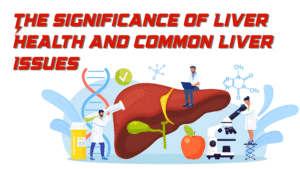
The liver is like your body’s filter — it processes everything you eat, drink, or breathe. When it’s healthy, you can enjoy good energy and strong immunity. But when it’s sick, you may face fatigue, jaundice, or swelling. Some common problems include Non-Alcoholic Fatty Liver Disease (NAFLD), hepatitis, and cirrhosis. The number of people with liver problems is rising fast worldwide, making prevention more important than ever.
Tip 1: Maintain a Balanced and Nutritious Diet

Focus on Liver-Friendly Foods
Eating the right foods boosts your health. Include plenty of fruits, vegetables, whole grains, and lean meats. Berries, leafy greens, and nuts pack antioxidants that fight inflammation. Good nutrition supports liver cell repair and fights damage from free radicals.
Avoid Harmful Foods
Stay away from processed snacks, sugary drinks, trans fats, and alcohol in excess. These foods cause fat to build up in your liver. Too much sugar and unhealthy fats can turn your liver into a fat storage unit, leading to NAFLD or worse.
Practical Diet Tips
Plan your meals with fresh ingredients. Use smaller plates to control portions. A simple meal could be grilled chicken with steamed broccoli and brown rice. Drinking water instead of sugary drinks helps flush toxins naturally.
Tip 2: Stay Hydrated and Limit Alcohol Consumption

Importance of Hydration for Liver Function
Water is your liver’s best friend. It helps flush toxins out of your body and aids digestion. When you drink enough water, your liver doesn’t have to work overtime to clean up waste.
Alcohol’s Impact on the Liver
Too much alcohol damages liver cells, leading to fat buildup, inflammation, or cirrhosis. Even moderate drinking can harm vulnerable livers. Limiting alcohol is one of the best ways to keep your liver healthy.
Recommended Guidelines
Aim for at least 8 glasses of water daily. Men should have no more than two drinks per day, women one. Remember, moderation is key to safeguarding your liver.
Tip 3: Regular Exercise and Physical Activity

Benefits of Staying Active
Moving your body isn’t just good for your heart — it reduces stored fat in your liver. Exercise boosts your metabolism and helps your body burn off excess calories.
Types of Effective Exercises
Aerobic workouts like walking, cycling, or swimming are excellent. Strength training builds muscle, which also helps improve liver health. Yoga can reduce stress, which benefits your immune system.
Actionable Tips
Aim for at least 150 minutes of moderate activity weekly. Break it into short sessions if needed. Regular movement prevents fat accumulation and fights liver-related illnesses.
Tip 4: Maintain a Healthy Weight
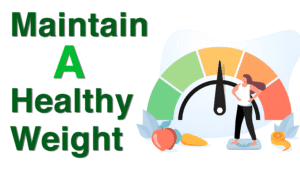
The Connection Between Obesity and Liver Disease
Being overweight puts extra pressure on your liver. Excess fat leads to fatty liver disease and makes insulin resistance worse. Losing weight can significantly improve liver health.
Strategies for Weight Management
Eat smaller, balanced meals, and avoid overeating. Focus on whole foods and keep active. Set realistic goals and track your progress for motivation.
Success Stories and Data
Research shows that losing just 5-10% body weight can reduce liver fat and inflammation. Maintaining a healthy weight is one of the simplest ways to improve your liver’s health.
Tip 5: Avoid Toxins and Harmful Chemicals
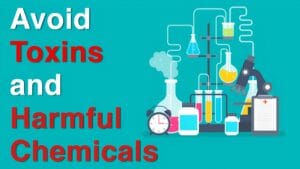
Ways Toxins Affect the Liver
Environmental pollutants, industrial chemicals, and some medications can overload your liver. These substances can cause inflammation or damage liver cells over time.
Safe Practices
Use medicines responsibly, following your doctor’s advice. Choose organic foods when possible and reduce contact with pesticides or harsh chemicals. Avoid smoking as it increases toxin exposure.
Expert Advice
Hepatologists recommend limiting exposure to environmental toxins. Protect your liver by being mindful of what you breathe, eat, and put on your skin.
Tip 6: Regular Liver Health Screenings
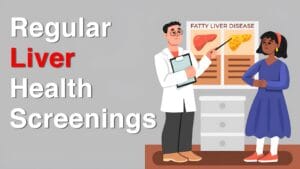
Importance of Early Detection
Routine tests can spot liver issues before symptoms appear. Catching problems early gives you a better chance to fix them.
Recommended Screening Tests
Liver function tests (LFTs), ultrasounds, and specialized blood tests like FibroTest help evaluate liver health. Your doctor can recommend these based on your risk factors.
When to Consult a Healthcare Provider
If you notice fatigue, abdominal pain, or yellowing skin, see a doctor. Regular checkups are vital, especially if you have a family history of liver disease or heavy alcohol use.
Tip 7: Incorporate Liver-Supportive Supplements and Herbs (with Caution)
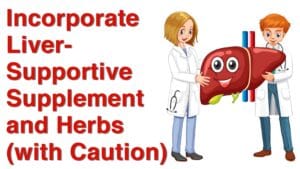
Popular Liver-Friendly Supplements
Herbs like milk thistle, dandelion root, and turmeric have a long history of supporting liver health. They may help protect cells and reduce inflammation.
Evidence and Expert Opinions
Some studies show these supplements can boost liver function. However, avoid self-medicating and always consult your healthcare provider before starting any new supplement.
Practical Advice
Supplements are not magic pills. Use them as part of a balanced lifestyle. Professional advice ensures safety and effectiveness.
Conclusion
Keeping your liver healthy is doable when you follow a few simple tips. Eat well, stay hydrated, exercise, and avoid toxins. Regular screenings help catch issues early. Supplements can help, but always check with your doctor first. These habits protect your liver and safeguard your overall health. Make health a priority today and enjoy the benefits of feeling your best every day.

